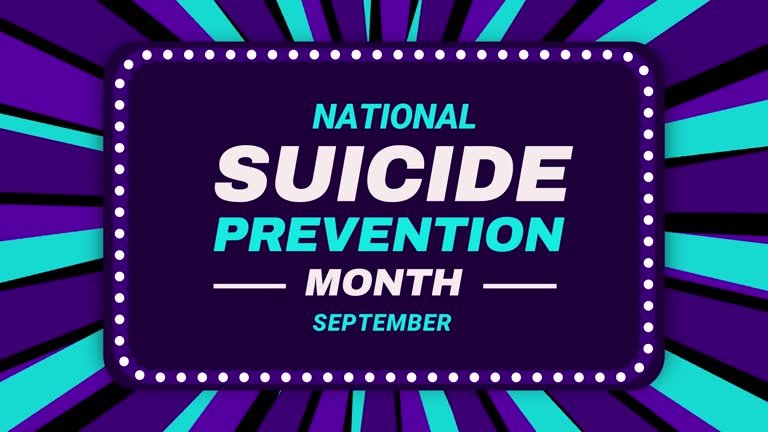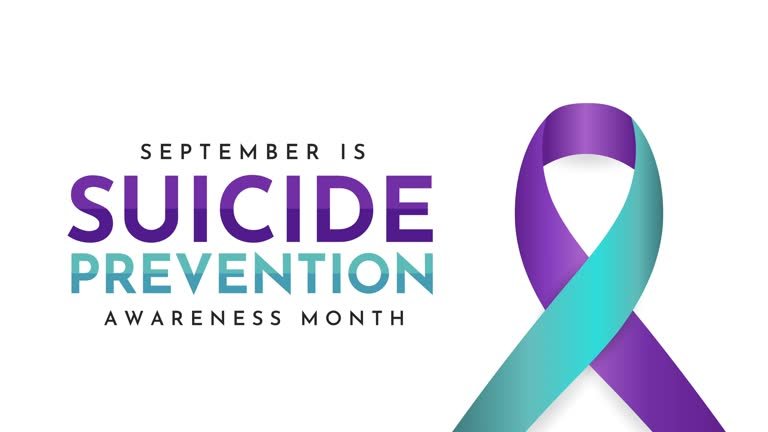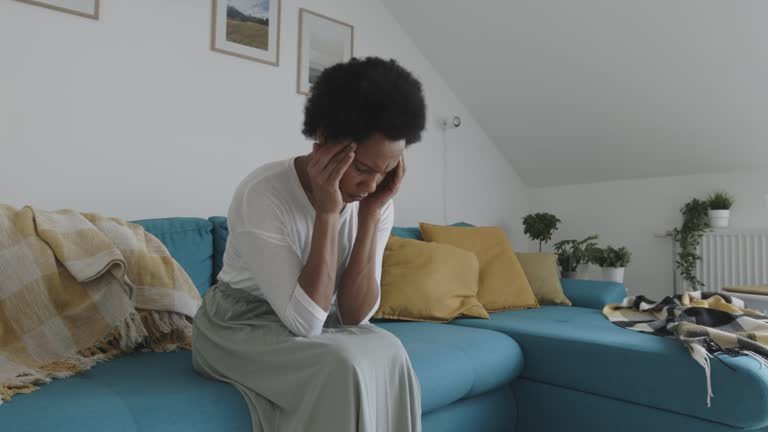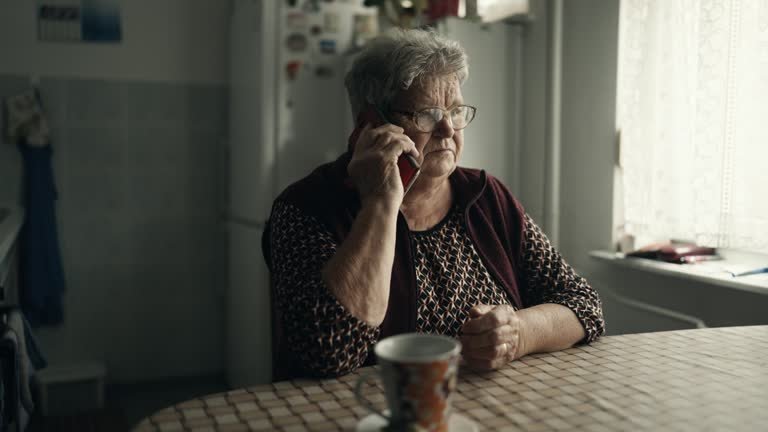
- calendar_month September 4, 2024
- folder Community Engagement
Sharing Tags
Check On Your Friends, End The Stigma, JohnHart, JohnHart Real Estate, Mental Health Awareness, Mental Health Matters, Nathan Derry, Nathan Derry JohnHart, Nathan Derry Realty, Nathan Derry Recommends, Nathan Derry Tips, Nathan Derry, JohnHart Real Estate, Reach Out For Help, Self Care Matters, Suicide Prevention Month, Support Each Other, You Are Not Alone

As we observe Suicide Prevention Month this September, it's important to pause and reflect on the challenges that many people face daily. This year, I’ve personally lost two dear and very close friends who decided they no longer wanted to be here. This reality has hit hard and serves as a reminder of how crucial it is to be aware of the signs of a mental health crisis, both in ourselves and in others. Life can be overwhelming at times, and it's easy to feel alone in those dark moments. However, there’s always someone ready to listen, and I want you to know that if you have no one else to call, the ringer on my phone is always turned on.
Recognizing a Crisis: Signs to Watch For

Understanding the signs that someone is in crisis can be lifesaving. Here are some key indicators to look out for in yourself or others:
-
Expressing Feelings of Hopelessness: A person might express feelings that things will never get better or that life isn't worth living. These thoughts should be taken seriously.
-
Talking About Wanting to Die or Hurt Themselves: If someone is mentioning suicide, self-harm, or wishing they were dead, it's a clear sign of a crisis.
-
Withdrawing from Social Activities: Isolation from friends, family, and social activities can indicate someone is struggling.
-
Changes in Mood: Sudden mood swings, increased irritability, or dramatic shifts from extreme sadness to calmness can be signs that someone is in distress.
-
Substance Abuse: Increasing use of alcohol or drugs might be a way for someone to cope with overwhelming emotions.
-
Giving Away Possessions: If someone starts giving away their belongings or making arrangements for the future, it could indicate they are contemplating suicide.
Tips to Calm Yourself During a Crisis

If you find yourself overwhelmed and in crisis, there are strategies you can use to calm down and ground yourself:
-
Practice Deep Breathing: Deep breathing exercises can help reduce anxiety and bring a sense of calm. Focus on breathing in slowly through your nose, holding it for a few seconds, and exhaling slowly through your mouth.
-
Grounding Techniques: Focus on your immediate surroundings by identifying things you can see, hear, smell, touch, and taste. This can help bring you back to the present moment.
-
Reach Out: Call a trusted friend, family member, or counselor. Sometimes, just talking about what you’re going through can help alleviate the burden.
-
Engage in a Soothing Activity: Whether it’s taking a warm bath, going for a walk, or listening to your favorite music, engaging in an activity that soothes you can be incredibly helpful.
-
Create a Safety Plan: Having a safety plan in place, including emergency contacts and a list of coping strategies, can provide structure and reassurance during moments of crisis.
How to Support Someone in Crisis

If you suspect that someone you know might be in crisis, here’s how you can help:
-
Listen Without Judgment: Offering a non-judgmental ear can be incredibly comforting to someone who is struggling.
-
Express Concern: Let them know that you’re worried about them and that you care. Sometimes, just knowing that someone cares can make all the difference.
-
Encourage Professional Help: Suggest seeking help from a mental health professional, and offer to help them find resources.
-
Follow Up: Regular check-ins can remind them that they are not alone.
-
Be Present: If they are in immediate danger, stay with them or find someone who can, and don’t leave them alone.
Never Compare Yourself to Others
One of the most harmful things we can do is compare our lives to others. Remember that everyone is fighting their own battles, and what you see on the surface doesn’t always reflect someone’s internal struggles. Comparing yourself to others can lead to feelings of inadequacy and depression. Instead, focus on your own journey and practice self-compassion.
The Importance of Checking on Friends

Mental health isn’t always visible, and some people become experts at hiding their pain behind a smile. That’s why it’s crucial to check on your friends regularly—even the ones who always seem happy. A simple “How are you really doing?” can open the door for someone who’s been struggling in silence to share their feelings.
Resources and Support

If you or a loved one is experiencing or affected by a mental health, substance use, or suicidal crisis, please call or text ‘988’ (or chat online on 988 Suicide & Crisis Lifeline’s website) for free, confidential, and immediate help. (Learn more about the recently launched 988 Lifeline.)
Additionally, if you or someone you know is struggling, please reach out to the National Suicide Prevention Lifeline at 1-800-273-TALK (8255). This hotline is available 24/7, and trained professionals are ready to provide support and guidance. You can also text the Crisis Text Line by texting HELLO to 741741.
As a Realtor, I know the importance of finding a place where you feel safe and supported. But your mental health is equally important, and it's crucial to take care of yourself and those around you. I’m Nathan Derry with JohnHart Real Estate, and I strongly believe in the importance of mental health awareness. Remember, you are never alone in this journey, and help is always available.
All the best,
Nathan Derry

📍JohnHart Real Estate
📞(424) 303-0440
📧 nathan@jhagents.com
👨🏽💻 itsnathanderry.com
You deserve the opportunity to work with an ethical agent. Please give me a call today and let’s discuss your unique needs.
Interested in seeing a property or one of my off market properties in person? Contact me today! Who you hire matters!!!
Ready to make the best move of your life… let’s chat today!
